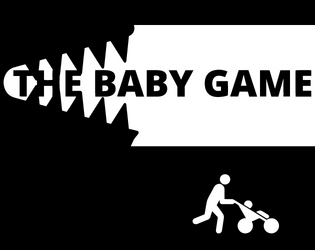I'm glad you like it! You are right about the Consequentialists--but actually, I set it up that way so that the Loving Parents are given an opportunity to make their decision for purely consequentialist rather than self-interested reasons. If they choose to be, the Loving Parents are the real consequentialists--or not, if they hold out!
ebshu
Creator of
Recent community posts
Thanks! I think your connection to divine command theory is particularly fun. Brings a whole new meaning to the problem of evil. Interesting point about different understandings of consequentialism; I don't introduce my students to those distinctions in much depth, since I use the game in a very general intro class, not a class devoted to ethics in particular, but if I did, it would be a great follow-up activity to make them reflect on how adhering to one reading or the other might change their conduct in the game.
It's certainly a lively classroom experience! The Calamity Table is a result of play-testing an earlier version with students that did not include that mechanic. In that version, I let the Baby Eaters come up with all of the consequences themselves, which was fun for them, but I found they escalated too quickly. Then the Loving Parents would become nihilistic... the world is already ruined, it's not like it can get any worse, et cetera... Another thing I found interesting was that some of the arguments students found most compelling were not, strictly speaking, consequentialist arguments; many of them had to do with what an unsacrificed Baby would think of the Loving Parents' decisions and of themselves when they grew old enough to comprehend what their parents had let happen.


